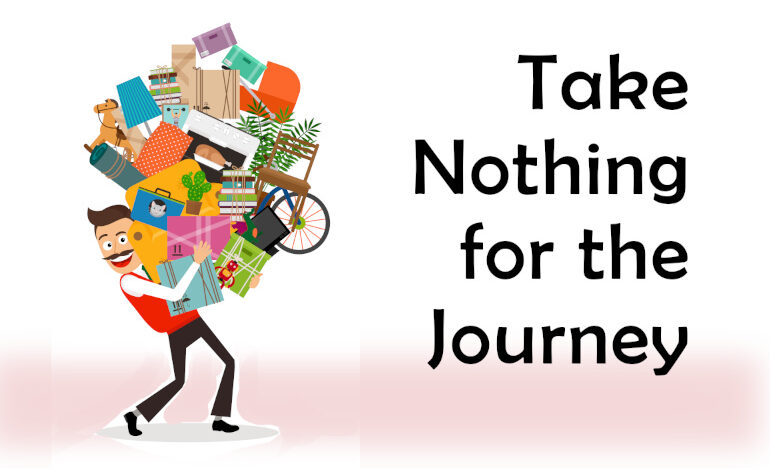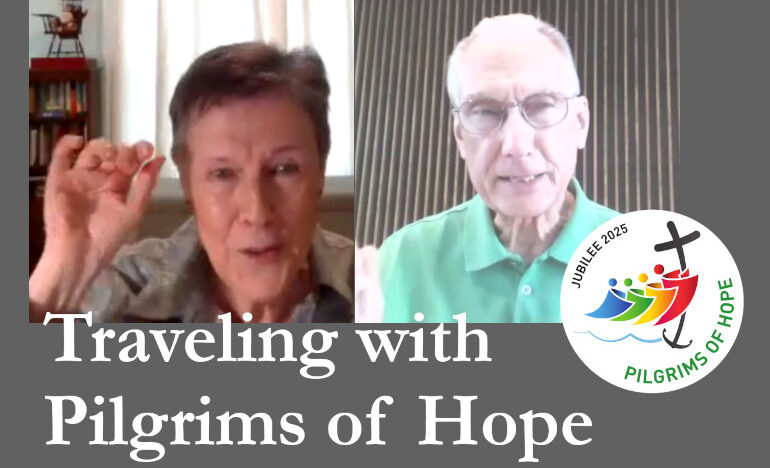Focusing: Listening to the Wisdom of the Body for Healing 1

By Kathy Keary
This is Part 1 of a 3 Part series. Read all the articles here.
Stress seems to be a part of many people’s lives. The sense of unease seems to be amplified during the pandemic. Many are unemployed and struggling to put food on the table. Some are teaching their children at home and feel ill-equipped to do so. Many have lost loved ones and have been unable to celebrate their lives because of social distancing. Many are afraid that they or their loved ones may become ill. The list of possible stressors goes on and on.
Not only are we affected by daily or situational stress, many people carry with them areas in their life in need of healing. This could be a hurt or trauma stemming from their childhood or perhaps from a loss, a struggle, or a tragedy occurring later in life. Interpersonal conflicts in the family, the workplace, or the neighborhood can create a great deal of stress. Feelings of inferiority and insecurity can play an emotional toll on an individual.
Society teaches us to suppress our feelings rather than to care for them in a healthy way … to distance ourselves from our emotional pain … to distract us from our emotions.
Often society teaches us to suppress our feelings rather than to care for them in a healthy way. We may have developed strategies to distance ourselves from our emotional pain. We may have found ways to distract our attention away from our emotions. We may feel that the only approach in problem solving is the logical, analytical avenue ignoring our emotions and the wisdom of our bodies.
What if you knew that there was a way to listen to the wisdom of your emotions as revealed in your body and care for them in a life-giving way? Would you give it a try?
Eugene Gendlin, a renowned psychologist, author and teacher from the University of Chicago, described an answer to this dilemma in his book, Focusing. Through research, Gendlin found that his clients were more likely to improve if they had a relationship with feelings connected to life events. These individuals listened to the wisdom of the feelings and reverently cared for them. He noted that a change began to happen that enhanced life. Instead of being haunted by emotions tied to past experiences and stresses in their lives, these clients experienced a shift allowing them a healthier way of being in the world.
Paying attention to what our bodies are saying can be very telling.
Listening to the wisdom of the body — what is that all about? Paying attention to what our bodies are saying can be very telling. For example, if you are not a public speaker but are called upon to speak in front of a crowd, you may become jittery. Your palms may become sweaty. You may even feel a little nauseous. Before making a difficult phone call, you may feel a tightness in your chest or your jaw.
Some respond to emotional triggers by experiencing difficulty in breathing, or a sense of pressure, tension or pain in their body. Stress may manifest itself as an itch or tingling. The familiar knot in the stomach may appear. You may feel warm, cool or clammy. I can remember receiving awful news and literally feeling like I had been socked in the stomach.
Gendlin developed a method known as focusing that honors the wisdom that lies within us and speaks to us in a way that can be felt in our bodies. This is known as a felt sense. This felt sense alerts us to what needs our attention. By reverently caring for this bodily reaction, a natural life-enhancing process is nurtured.
Focusing is sometimes used in spiritual direction where the director leads the directee in the process [but] … Focusing can be self-led.
Focusing is a technique sometimes used in spiritual direction where the director leads the directee in the process. It is not necessary though to have someone walk you through the process. Focusing can be self-led.
I think it is helpful though to see the process in action, so we will offer a series of videos over the next three weeks that will be available on our website and in social media. The first video will appear on June 2 and will give a brief introduction to focusing. In the second video on June 9, I will lead a colleague in focusing. In the third video, which will be available June 16, I will lead the viewers through the steps of focusing.
In our next article, I will outline the specific focusing steps for your future use. A third article will be written that will delve into my personal experience of focusing.
If you experience stresses in your life or are weighed down by emotional baggage, you may find this method to be freeing. I know I have.
Note: New articles in this series will be posted to the website every Monday and Wednesday. The full series can be found here: An Invitation to Something New: The Contemplative Life. On Thursday’s we’ll send an email to remind you of the articles.
Check this out: A companion article you might find useful is Using Our Bodies in Prayer
[Kathy Keary, a Precious Blood Companion and spiritual director, holds a master’s degree in theological studies and is a graduate of the Atchison Benedictine’s Sophia Center’s Souljourners Program, an intense study of spirituality and spiritual direction. Kathy believes that the divine is present and active in all of life and encourages others to be awakened to the God in all including the divine within. She enjoys accompanying others on their journey to wholeness discovering the person they were created to be.]
Image above copyright by Vetre Antanaviciute-meskauskiene | Dreamstime.com
Related

Take Nothing for the Journey
An Assembling God’s Puzzle video
By Fr. Garry Richmeier, C.PP.S.
Jesus’ teaching about what to take on a journey — nothing — is actually good advice for building trusting relationships. Don’t bring your “stuff” into the relationship; listen deeply and respec their views and situation, understand their struggles.

Pilgrims of Hope, Episode 6: Walking with Cancer Survivors
Hosted by Fr. Ron Will, C.PP.S.
We are talking with people who find hope amid difficult circumstances or bring hope to others. In this episode, Kathy Keary talks about how centering prayer, journaling and other spiritual practices helped her cope with two life threatening health issues.
Categories
Assembling God's Puzzle Coffee with Padre Cooking & Spirituality Encounters of the 4th Kind Family Matters Reflections on the Eucharsitic Prayers Spiritual Resources Taize Prayers The Contemplative Life Traveling with Pilgrims of Hope Uncategorized Videos Week of Prayer for Uhristian Unity When you need a little help
